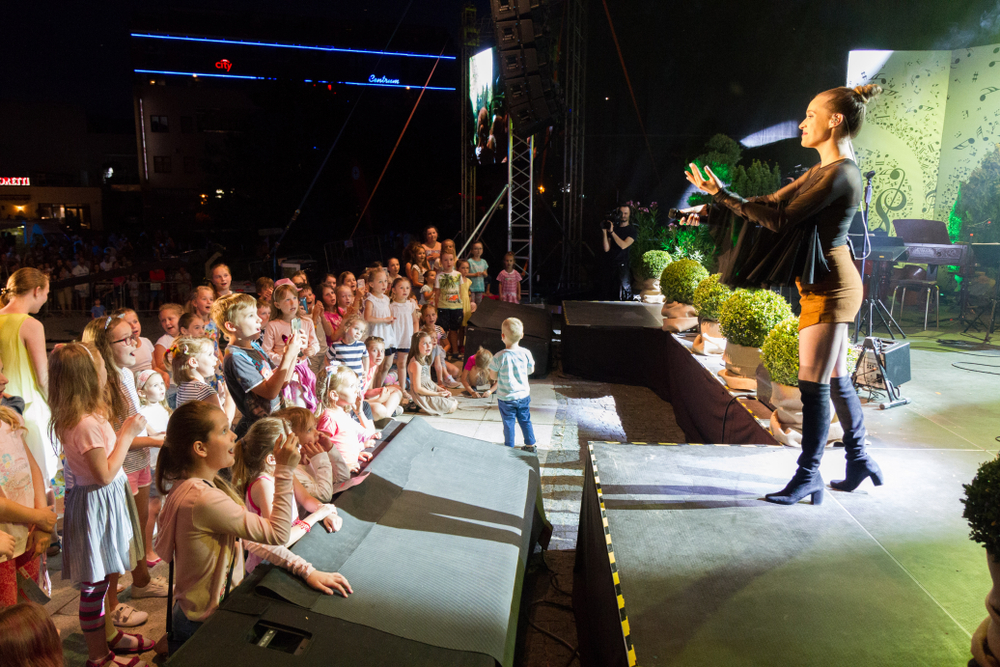<p>We commonly hear about the potential benefits of music among toddlers and young children. At this stage, they still have a fast development of neurons. With proper musical exploration, they can easily promote intellectual development. There are definitely plenty of benefits that we can get from playing music. As an example, singing is highly beneficial for children linguistically and they can have improved musical awareness. In fact, fetal brain could react positive to music, as it’s ready to accept external stimulus. Voice is an important musical component and exploring on its use can give an excellent opportunity for full self expression and confident communication. Piano is a favourite instrument among many young children, because it doesn’t require extensive use of fingers, compared to guitars and violins. The sound of piano can also be produced more consistently. However, children should still be given the opportunity to choose musical instruments that they prefer most. Motivation is essential for ensuring good results with musical educations.</p>
<p>There are obvious direct benefits of playing music with the actual educational performance. Music training sessions could progressively develop spatial temporal reasoning skill, such as recognizing relationships between objects, visualizing things in space, forming mental images, putting puzzles together and reading a map. Musical rhythm and structure requires mathematical understanding, so children need to understand about proportions, ratios and fractions. Solving musical problems can also help students to learn how to organize ideas and perform analysis using their logical abilities. Musical training also improves and optimizes the brain neuron circuitry and development. Motor development can be assisted, as well as coordination of body, eyes and hands. It is easier for students to perform communication, cognitive and study skills. Ensemble activities and groups orchestras should help to promote cooperation, discipline and social harmony. They should be able to work together to achieve common goals. Music is also a way to augment memory performance and it can be used as one of the mnemonic techniques.</p>
<p>Memorization is much easier when you use rhythmic songs with predictable structure. Singing should be a good way to improve or aid reading ability. Learning pitch, phrasing and rhythm should enhance vocabulary, grammar, pronunciation and linguistic skills greatly. Critical reading and writing can be improved through musical sessions as well. Children should be able to manage stress and performance anxiety can be significantly reduced. Music is great for channelling negative and unexpressed emotions in a good way. Music is a good way to boost creative thinking, as well making children to think farther ahead. Solo performance is related to self efficacy and self esteem. This will allow children to reach for their best. When children are preparing for a performance or recital, they will rehearse diligently to eliminate or at least, significantly reduce errors. In school, students also need similar perseverance and determination to prepare for an exam, so students with musical orientation have a distinct advantage. Because musical ability requires regular training sessions, students will also be more consistent in doing homework.</p>

Benefits of Studying Music for Children
